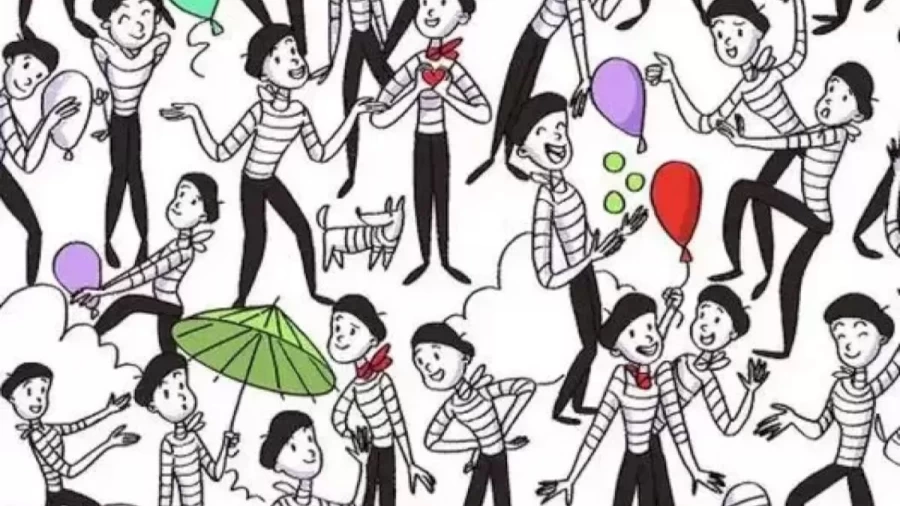What does optical illusion mean?
An optical illusion is an image or photo that does not appear to us to be what it is. Or, in other words, optical illusions occur when the information our eyes convey to our brain causes us to perceive something that does not correspond to reality.
- Optical Illusion Test your Vision: Can You Find The Hidden Mobile Phone within 13 Seconds?
- Optical Illusion: Can You Find the Hidden Bunny in this Image within 15 Secs? Explanation and Solution to the Optical Illusion
- Observation Skill Test: Can you find the 5 differences between two images within 30 secs
- Observation Skill Test: If you have Keen Eyes Find the Word Sea in 15 Secs
- Optical Illusion Challenge: You Need To Have Eagle Eyes To Locate The Heart In This Image
This is made possible through a phenomenon called “filling.” The brain chooses which parts of the eye’s visual information to focus on. Depending on the focus, the layers of the image may appear differently.
You are watching: Can You Spot the Thief Among These Mimes? Explanation And Solution To The Optical Illusion
Due to physiological illusions, a person may perceive image elements that do not really exist. The same image or pattern appears again in these photos.
Hidden thief discovers optical illusion
Observing optical illusions is a great technique for training your mind to look beyond the obvious and consider ideas that don’t immediately come to mind. Optical illusions can help you develop cognitive and observational skills.
We encountered many brain teasers and optical illusions that confused us and tested our intelligence. But solving these problems brings a new kind of joy.
So if you like solving optical illusions that are both fun and difficult for adults and children, then this Hidden Thief Optical Illusion is for you.
trend
Try to find the hidden thief
Optical illusions can help individuals reveal a person’s underlying personality traits based on what you initially observe, testing their IQ and observation skills through timed trials.
This time, it was a thief who looked like a standard blueprint.
No matter how old you are, you will try to solve this problem, and if you succeed quickly, congratulate yourself.
We strive to find solutions, which often irritates us. Even so, we will rise to the challenges before us.
Let’s take a look at the image below,

In these 17 seconds, let’s try to find the location of the masked thief. Many people shook their heads at the hidden images.
Have you found the elusive thief?
Numerous studies show that becoming smarter is related to how often you challenge your brain with puzzles and optical illusions. If you find the thief within 17 seconds, or even if it takes you longer but you eventually find it, you can be considered smart and insightful. Have you found the elusive thief?
It’s okay if you can’t find a solution; we’ll get it to you. However, if you can’t find the thief within 17 seconds, you’ll need to develop your observation skills. Similar optical illusions will help you do this.

If optical illusions make you feel better, then let’s switch over to more optical illusions articles for more fun. Please visit our website for more optical illusion articles.
Disclaimer: The above information is for general information purposes only. All information on this website is provided in good faith, but we make no representations or warranties, express or implied, as to the accuracy, adequacy, validity, reliability, availability or completeness of any information on this website.
Source: https://truongnguyenbinhkhiem.edu.vn
Category: Optical Illusion
